People
All people involved with Variant Effect
Executive Committee
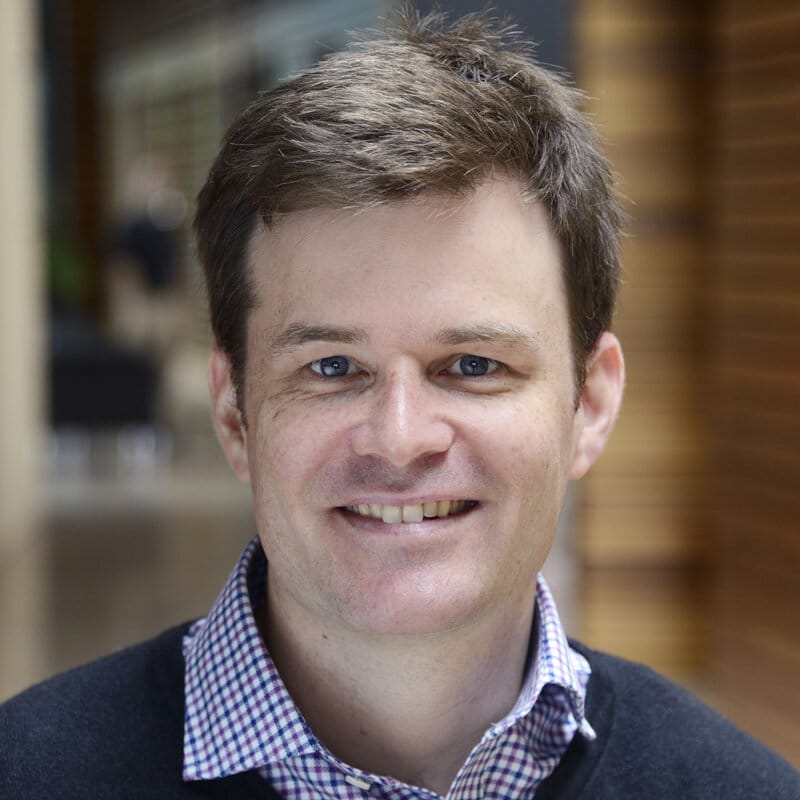
David Adams (he/him)
David Adams is a Senior Group Leader at the Wellcome Sanger Institute with an interest in functional genomics, genetic screens, cancer models and drug discovery. He is also interested in cancer predisposition and works extensively with investigators in low and middle income countries, particularly in Latin America.
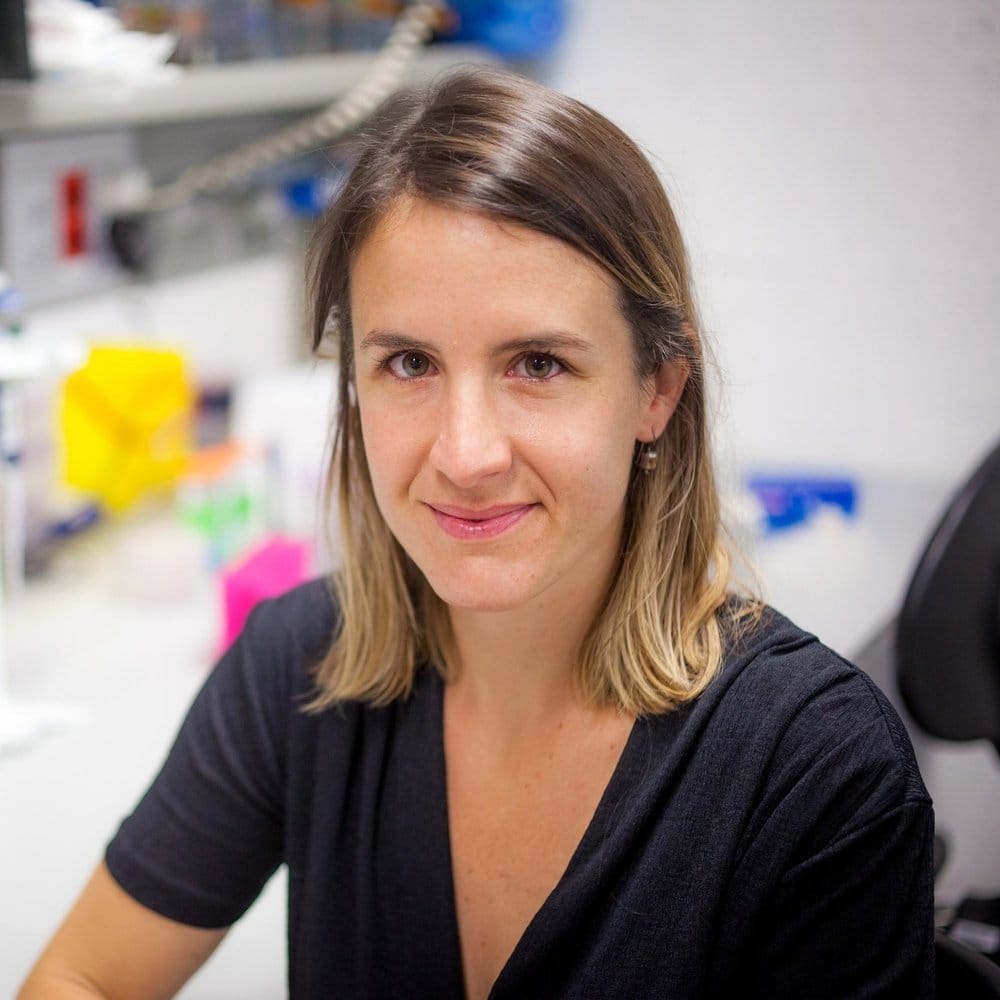
Benedetta Bolognesi (she/her)
Dr. Bolognesi is a Group Leader at the Institute for Bioengineering of Catalonia (IBEC). She trained in biophysics at the University of Cambridge and in genomics at the Center for Genomic Regulation. Her lab develops scalable assays that report both on folded and intrinsically disordered proteins, with the ultimate goal of understanding functional and pathological protein aggregation.

Doug Fowler (he/him)
Dr. Fowler is a Professor of Genome Sciences and Director of the Center for the Multiplexed Assessment of Phenotype at the University of Washington. Dr. Fowler is a leader in high-throughput, sequencing-based assays, and his lab has developed foundational technologies for interrogating the effect of human genetic variants. He is now working to understand the effects of the millions of variants found in a typical human genome.
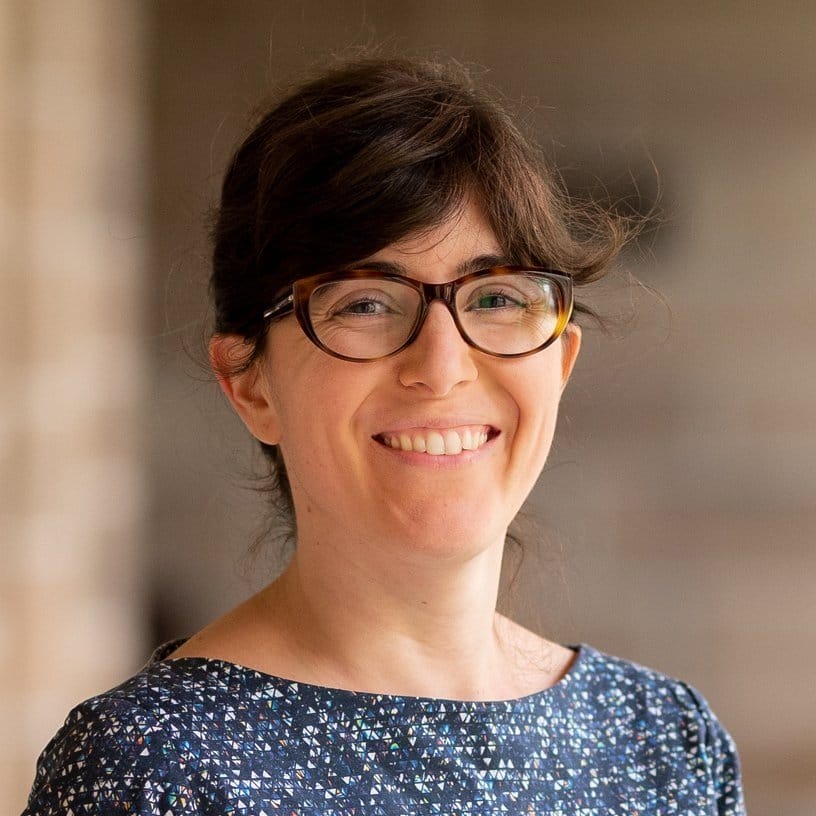
Irene Gallego Romero (she/her)
Dr. Gallego Romero is the Head of human genomics and evolution at St. Vincent’s Institute of Medical Research. Her work focuses on genetic differences between human populations, personalized medicine, and global health equity. Irene’s lab combines functional genomics with the versatility of induced pluripotent stem cells to address questions about the mechanisms of evolutionary adaptation in humans.
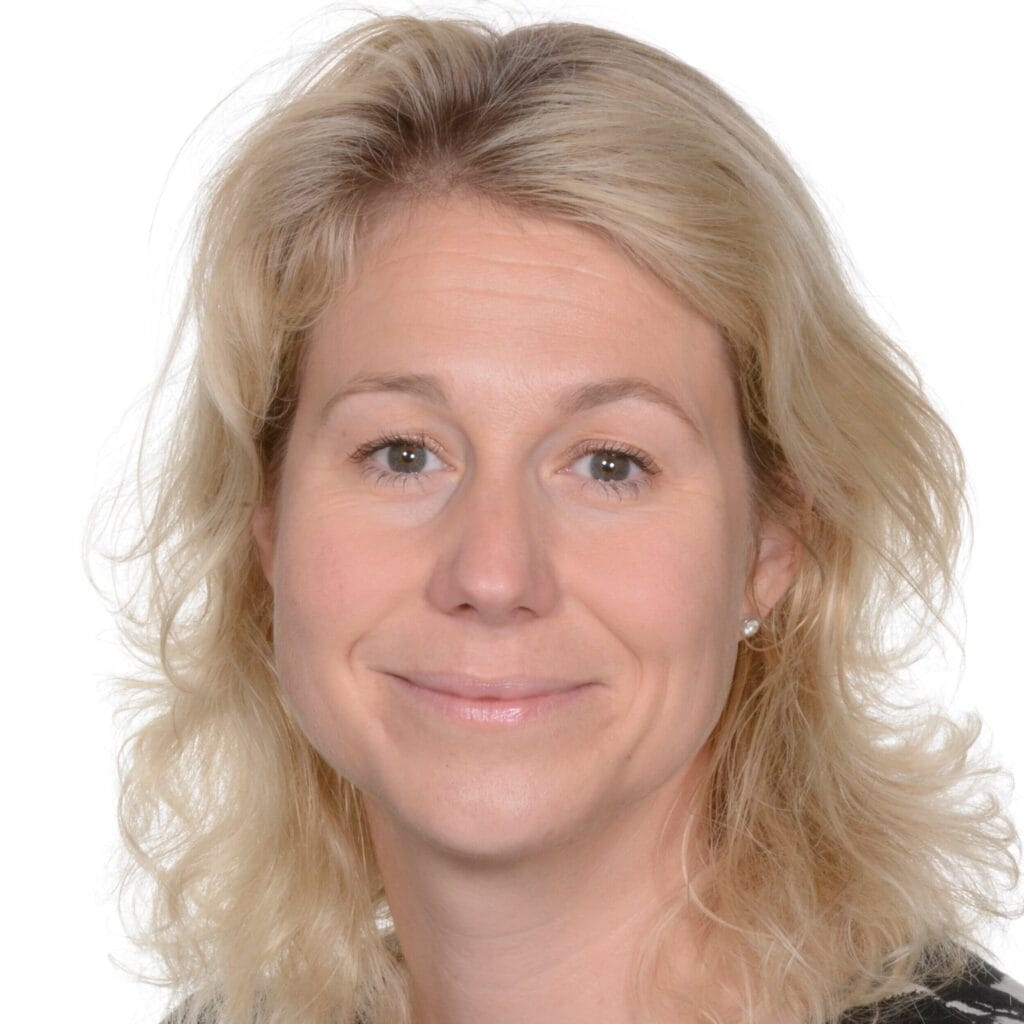
Anna L Gloyn (she/her)
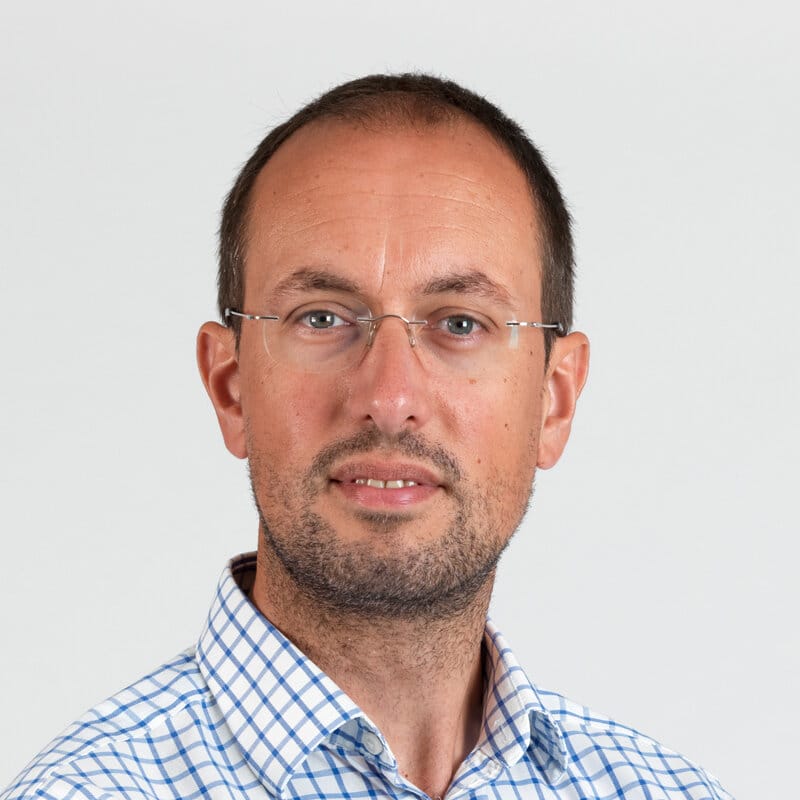
Matthew Hurles (he/him)
Matthew Hurles is Director of the Wellcome Sanger Institute and leads a research group focused on deciphering the genetic causes of severe developmental disorders, and understanding how DNA mutates as it is passed from generation to generation.
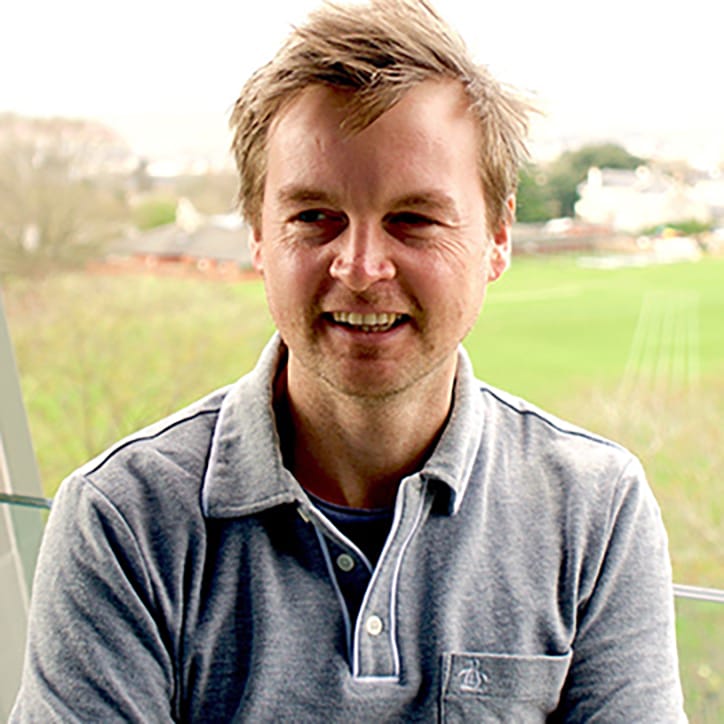
Jonathan Mill
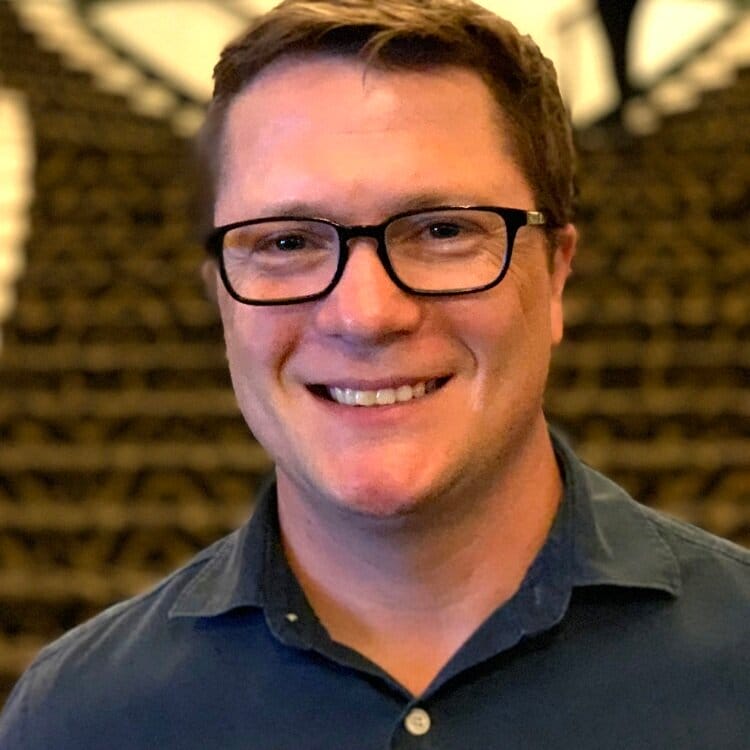
JT Neal (he/him)
Dr. James (JT) Neal is an Institute Scientist and Director of Systems Genomics at the Broad Institute of MIT & Harvard in the Metabolism Program and the NNF Center for the Genomic Mechanisms of Disease. His lab develops and applies novel technologies for genome editing as well as massively parallel single-cell imaging and transcriptomics approaches for studying the effects of genetic variation in cancer, diabetes, and other diseases.
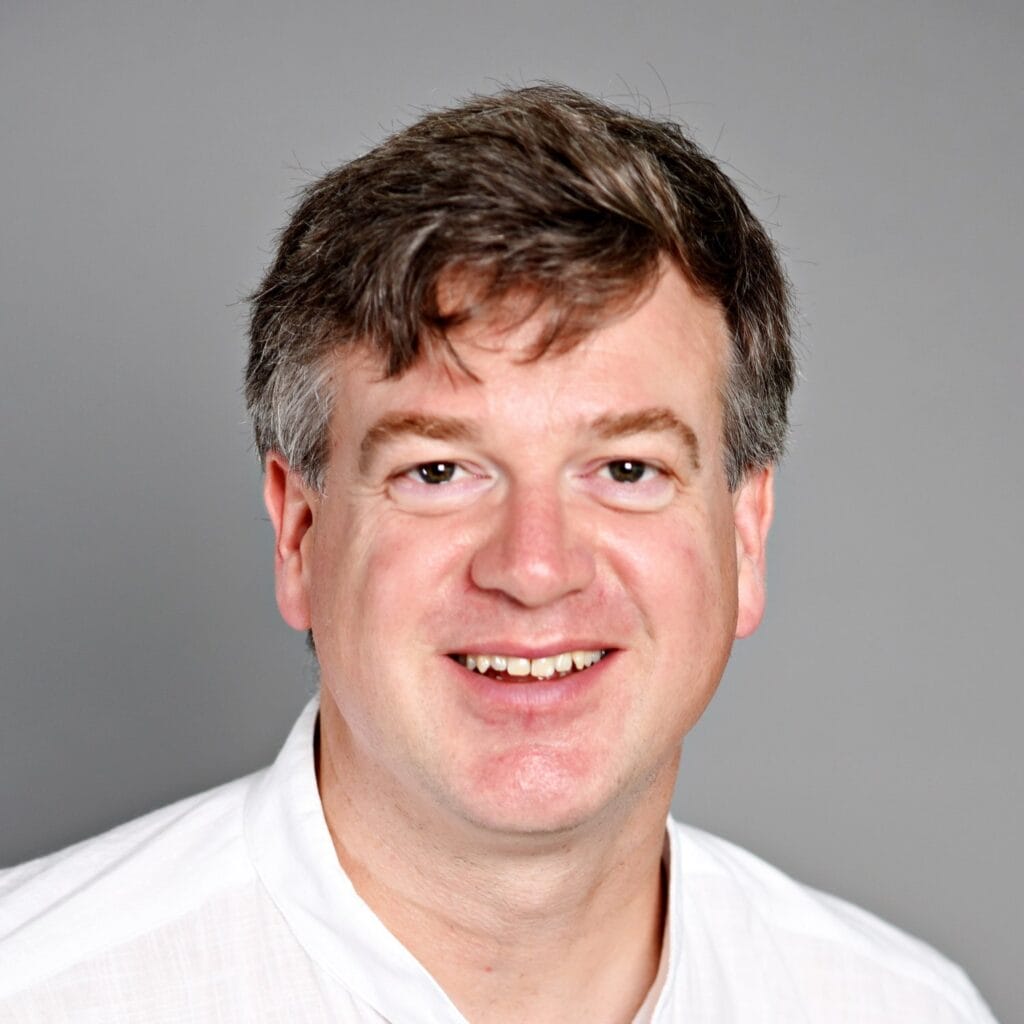
Frederick (Fritz) Roth
Roth trained in physics and biology at UC Berkeley and Harvard. He chairs the Department of Computational and Systems Biology at the University of Pittsburgh. His group is combining experimental and computational methods to systematically map the context-dependent impacts of human sequence variation.
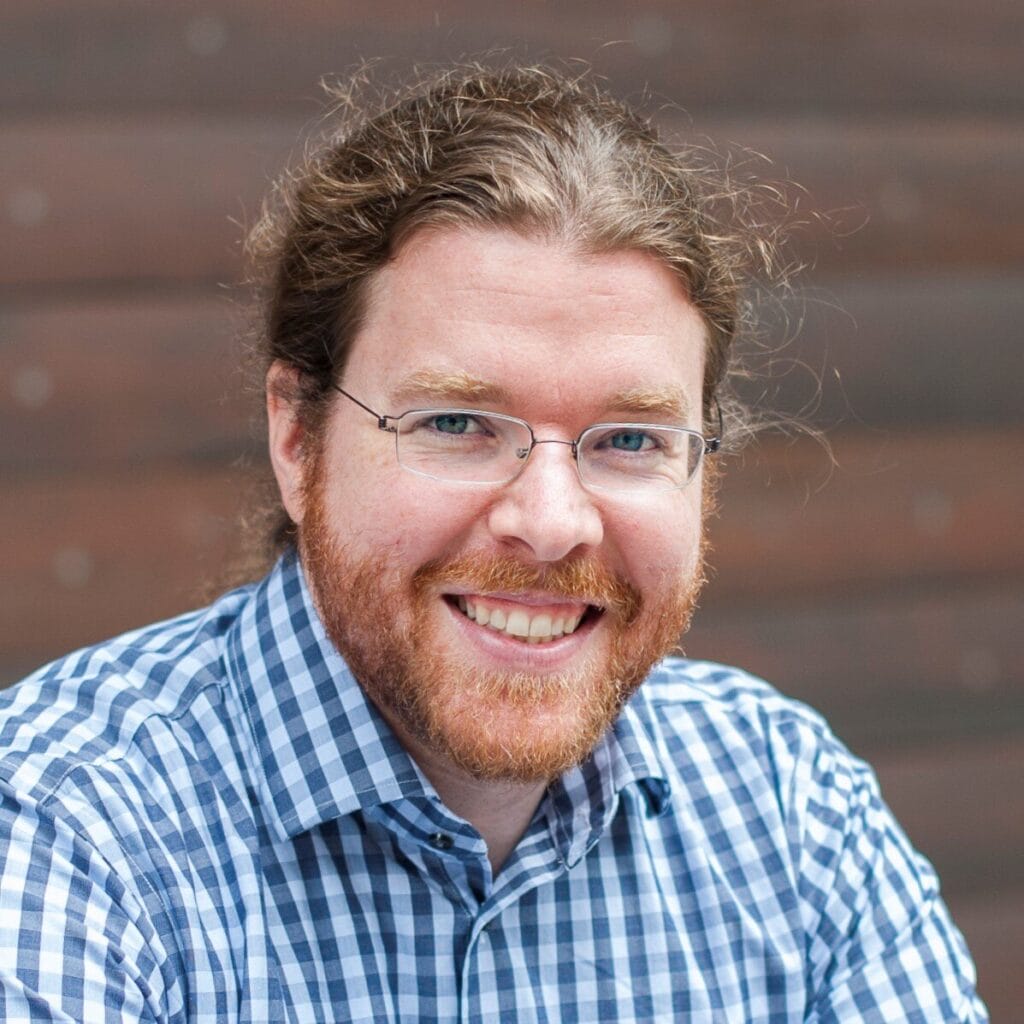
Alan Rubin (he/him)
Dr. Rubin is a computational biologist at the Walter and Eliza Hall Institute of Medical Research in Melbourne, Australia. Alan’s work focuses on developing new tools and approaches to analyze and interpret high-throughput genomics data.
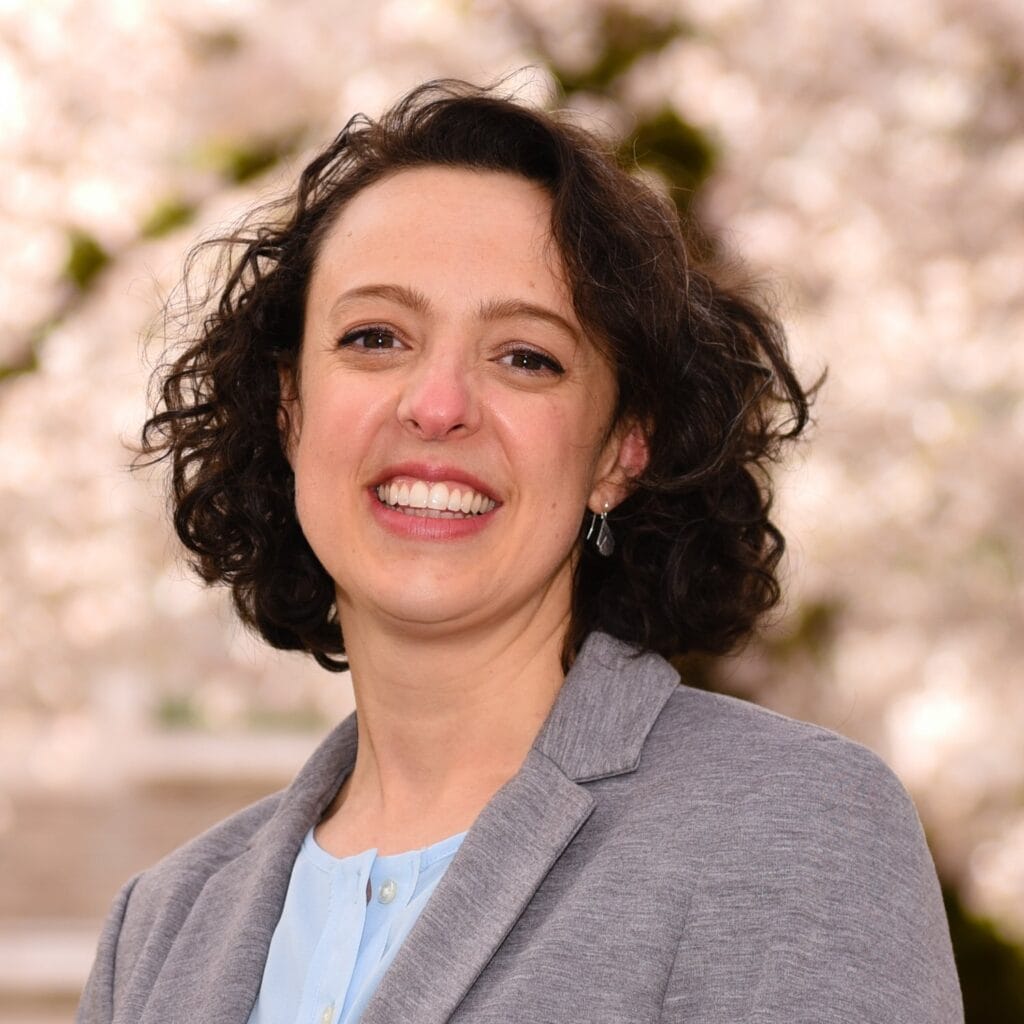
Lea Starita (she/her)
Dr. Starita is an Assistant Professor. in the Department of Genome Sciences at the University of Washington and the Co-director of Brotman Baty Advanced Technology Lab. She earned her Ph.D. from Harvard Medical School before coming to the University of Washington to train in functional genomics with Stan Fields and Jay Shendure.
Previous Executive Committee Members
Gladys Fongong (she/her)
Program Operations Specialist
William C Hahn (he/him)
Executive Committee Member (Broad Institute)
Beth Lowry (she/her)
Administrative Specialist
Debora Marks (she/her)
Executive Committee Member (Harvard Medical School)
Administrative Support

Alex Hopkins (he/him)
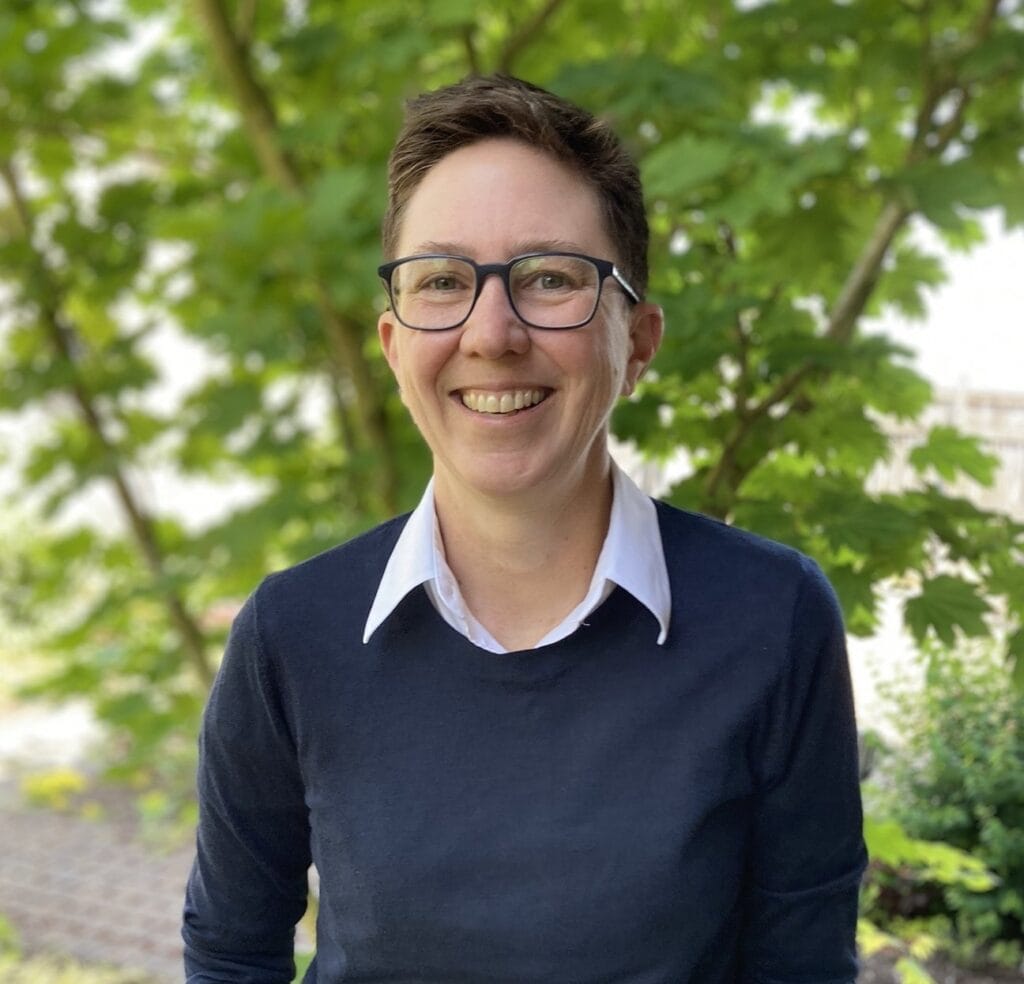
Lara Muffley (she/her)
Analysis, Modelling and Prediction (AMP)
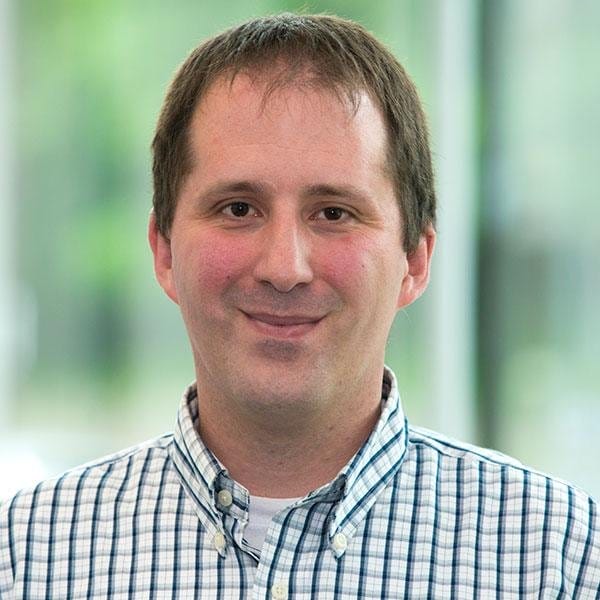
Joseph Marsh
Dr. Marsh leads a group in the MRC Human Genetics Unit, University of Edinburgh. His work seeks to understand the molecular mechanisms by which mutations affect proteins and thereby cause disease, combining computational modelling and high-throughput experiments to improve the interpretation of protein-coding variants.
Clinical Variant Interpretation (CVI)

Lea Starita (she/her)
Dr. Starita is an Assistant Professor. in the Department of Genome Sciences at the University of Washington and the Co-director of Brotman Baty Advanced Technology Lab. She earned her Ph.D. from Harvard Medical School before coming to the University of Washington to train in functional genomics with Stan Fields and Jay Shendure.
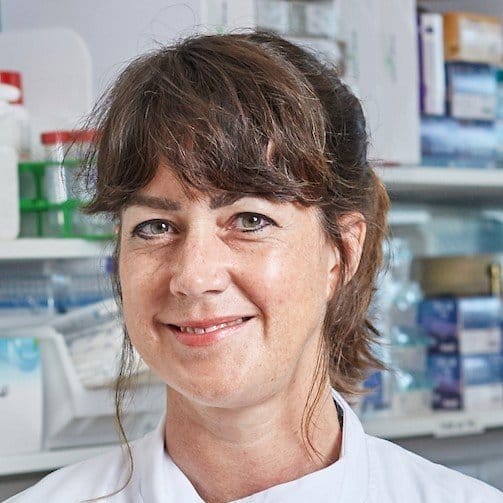
Clare Turnbull
Professor Clare Turnbull is a Professor of Translational Cancer Genetics at the Institute for Cancer Research, London, and a NHS Consultant in Clinical Cancer Genetics at The Royal Marsden NHS Foundation Trust and Consultant in Public Health Medicine for NHS Digital. Her work focuses on implementation of effective, evidenced cancer susceptibility genetic testing in the diagnostic setting, one part of which is ensuring accuracy and consistency on classification of variants.
Data Coordination and Dissemination (DCD)
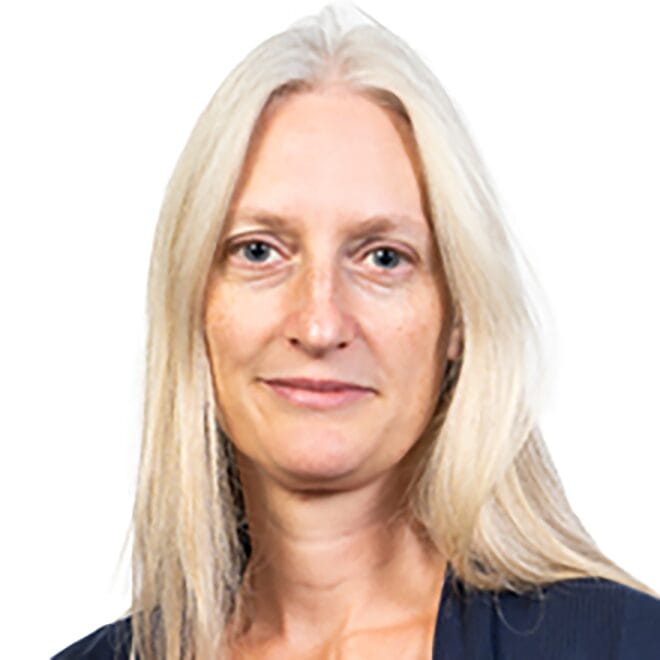
Julia Foreman
Dr. Julia Foreman is Project Leader for DECIPHER at the European Molecular Biology Laboratory, European Bioinformatics Institute, in the UK. DECIPHER is an international web-based platform that shares rare disease phenotype-linked variant data. Julia is committed to open data, in particular sharing data to facilitate the transfer of research knowledge into the clinical arena, to facilitate discovery and enable diagnosis.

Alan Rubin (he/him)
Dr. Rubin is a computational biologist at the Walter and Eliza Hall Institute of Medical Research in Melbourne, Australia. Alan’s work focuses on developing new tools and approaches to analyze and interpret high-throughput genomics data.
Experimental Technology and Standards (ETS)
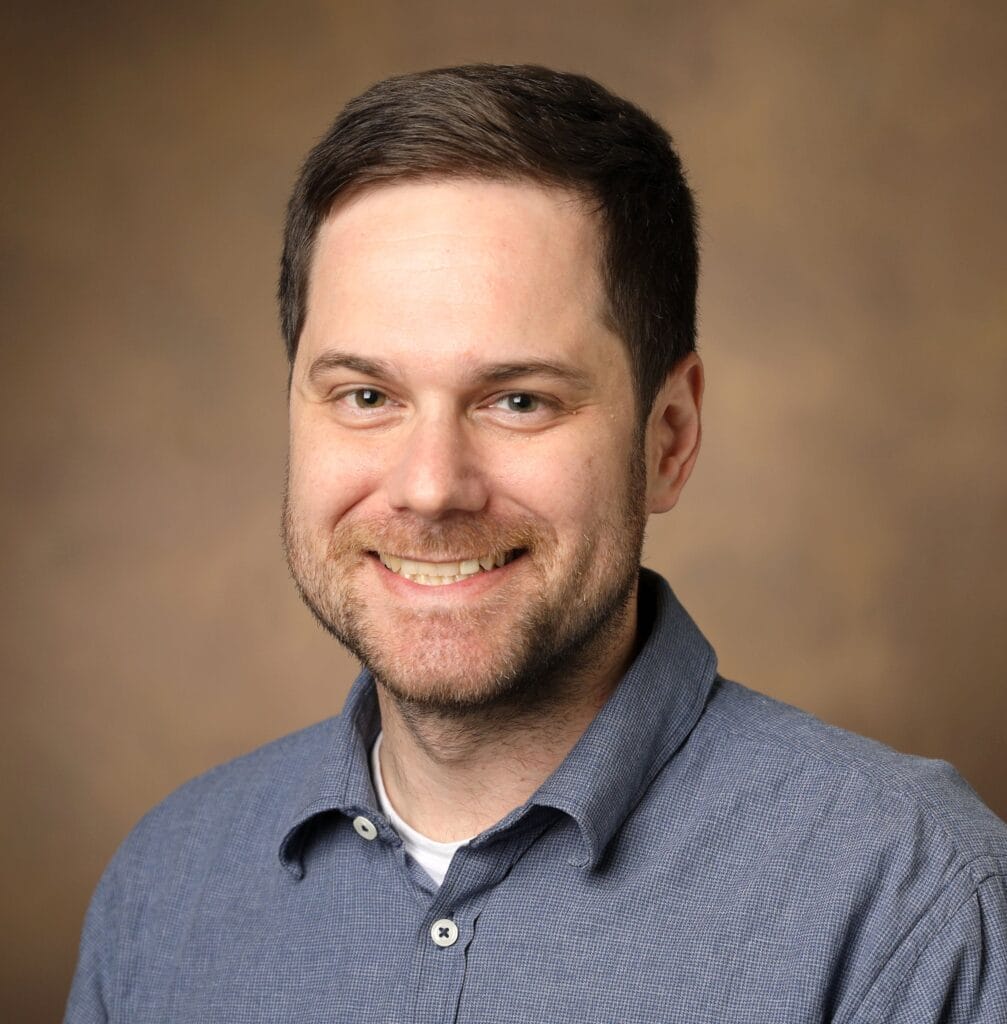
Andrew Glazer
Dr. Glazer is an Assistant Professor at Vanderbilt University Medical Center. He earned a PhD in genetics from the University of California-Berkeley and did postdoctoral research at Vanderbilt. Andrew's lab uses high-throughput functional assays to study variants in ion channel genes, with a focus on arrhythmia syndromes.
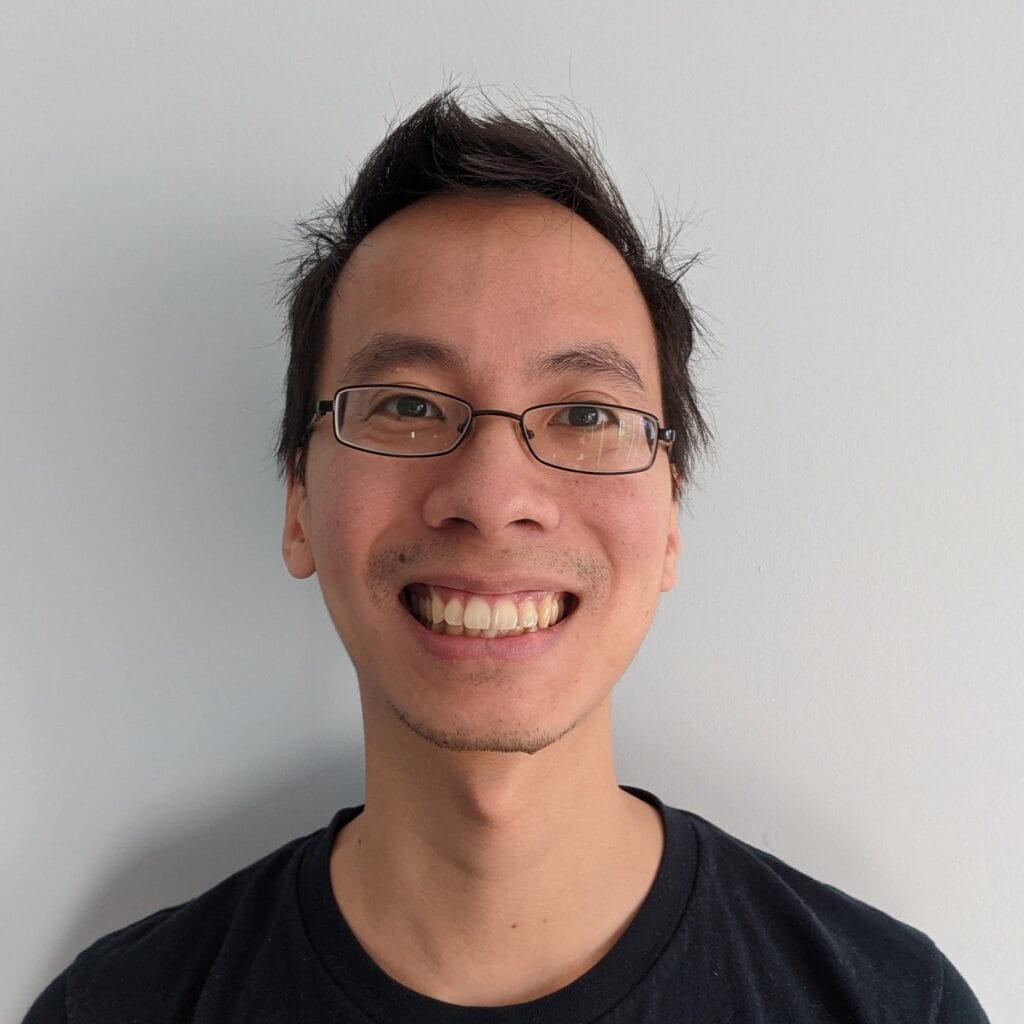
Alex Nguyễn Ba
Dr. Nguyen Ba is an Assistant Professor at the University of Toronto (UofT). He earned his PhD in computational biology at UofT and did his postdoctoral training on high-throughput genetics and synthetic biology with Michael Desai at Harvard University. His lab focuses on fundamental questions on the genotype-phenotype map and on humanized yeast models for variant effect mapping.
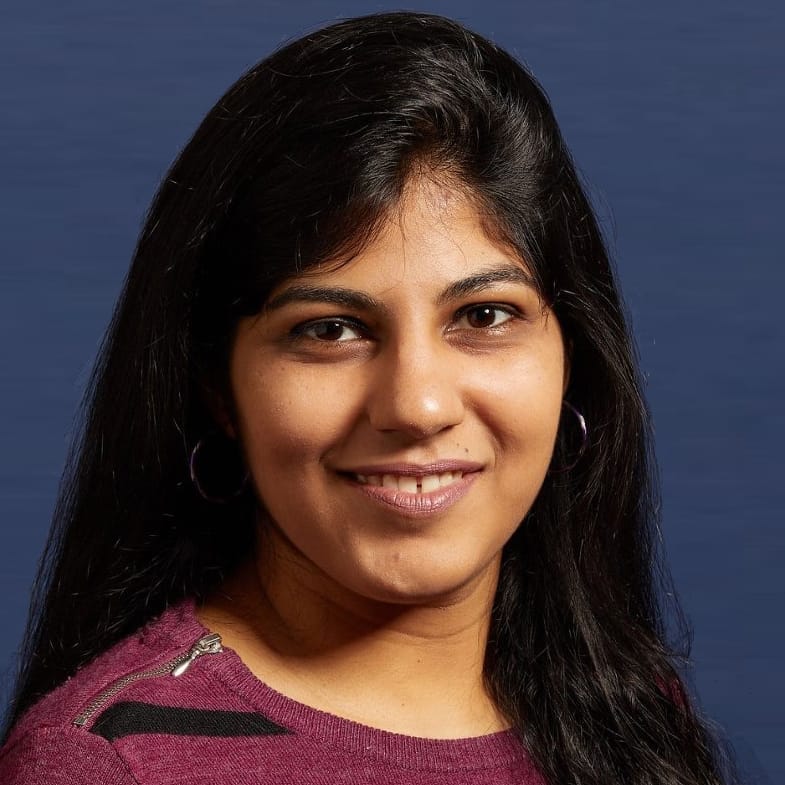
Priyanka Bajaj (she/her)
Priyanka is a postdoctoral fellow, co-mentored by Prof. James Fraser and Dr. Willow Coyote-Maestas at UCSF. She is interested in integrating deep sequencing with machine learning techniques to determine the structural basis of fusion protein-driven oncogenesis. She did her Ph.D. at Indian Institute of Science under the supervision of Prof. Raghavan Vardarajan. She developed high-throughput screens using deep mutational scanning to study the effects of mutations on protein activity, stability, and co-translational folding.
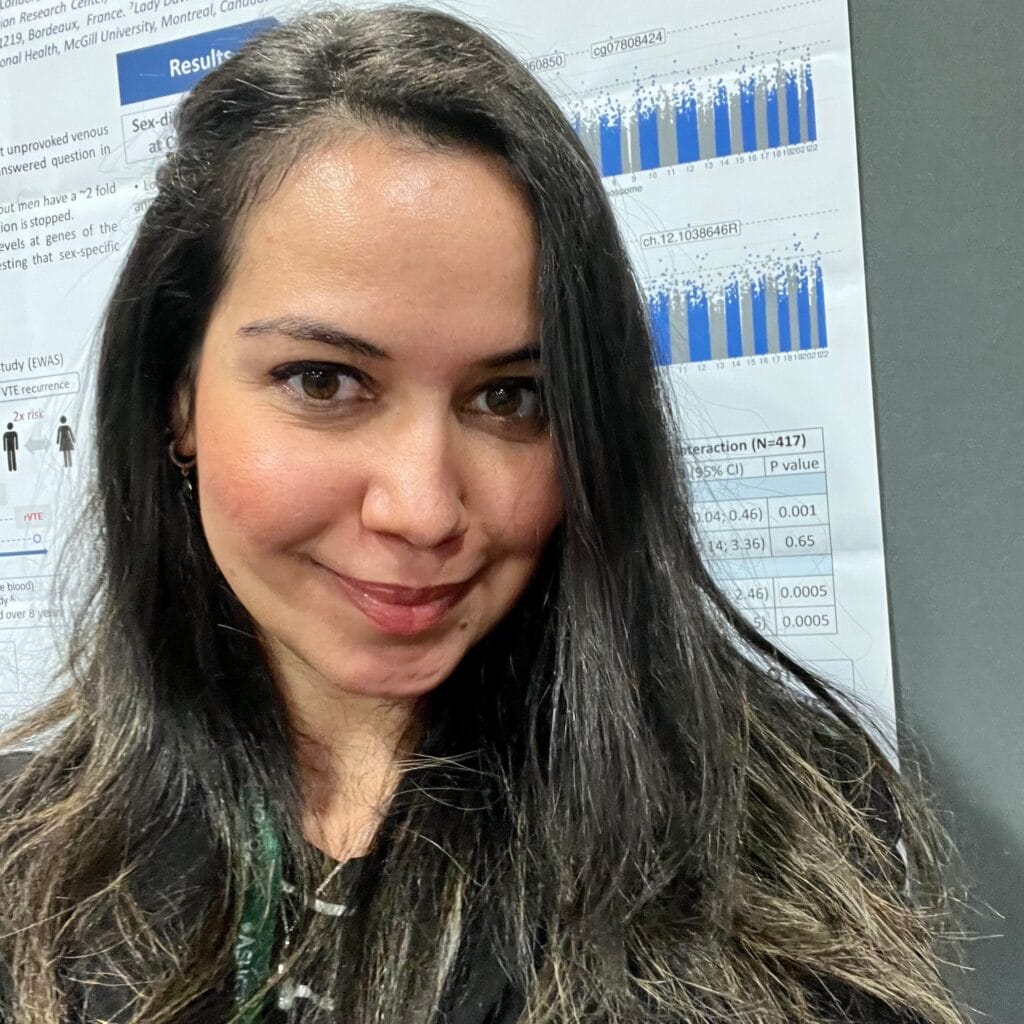
Ohanna Bezerra (she/her)
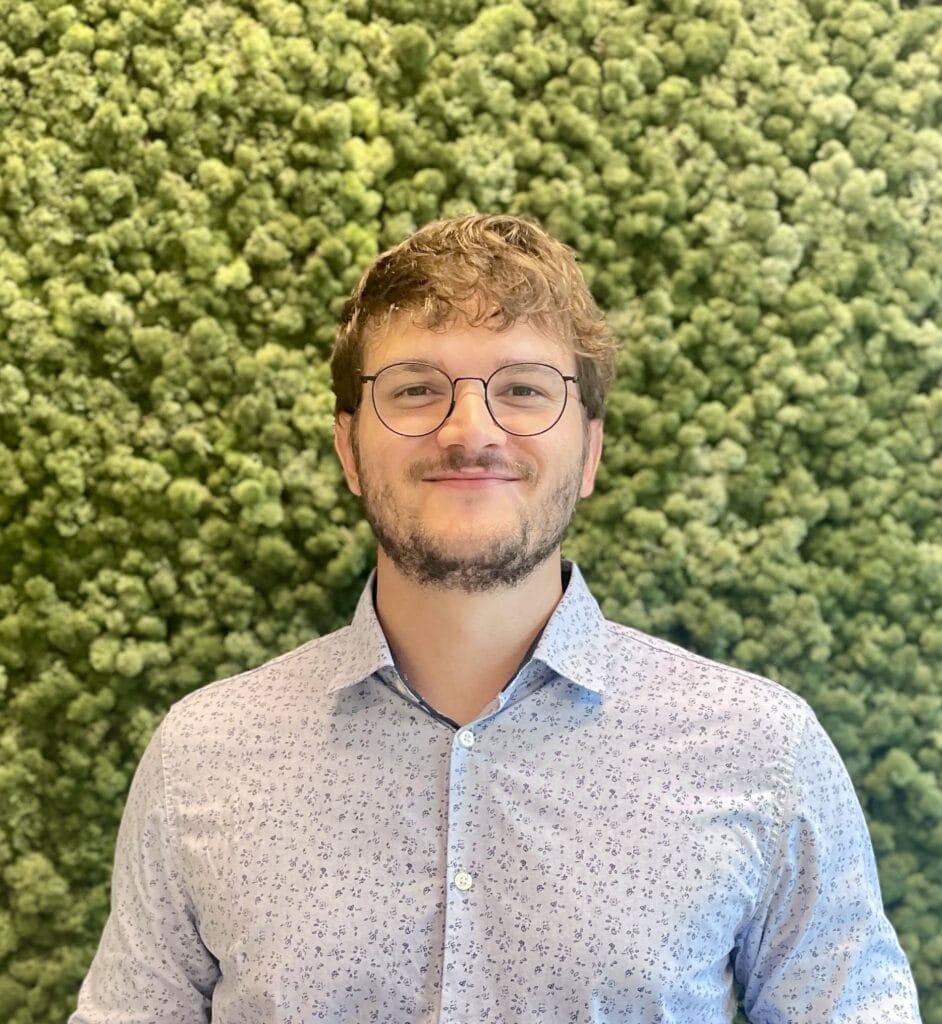
Matteo Cagiada (he/him)
Matteo is a Novo Nordisk Foundation Postdoctoral Fellow at the University of Oxford / University of Copenhagen, where he is supervised by Prof. Charlotte Deane and Prof. Philip Biggin. Matteo's current research interests are in immunoinformatics, computational structural biology and variant effect prediction. During his Ph.D. in Biology, supervised by Prof. Kresten Lindorff-Larsen at the University of Copenhagen, Matteo worked on understanding the mechanisms behind loss-of-function and built predictors to classify variants based on their effects on proteins.

Ziyi Dai (she/her)
Ziyi is a PhD student in the Department of Molecular Genetics at the University of Toronto, under the supervision of Dr. Gregory Costain. Her doctoral research focuses on leveraging large-scale genome sequencing data to investigate variant effects and their transmission within human populations. In addition to her primary research, Ziyi actively participates in workgroups dedicated to newborn sequencing and engages in scientific outreach initiatives.
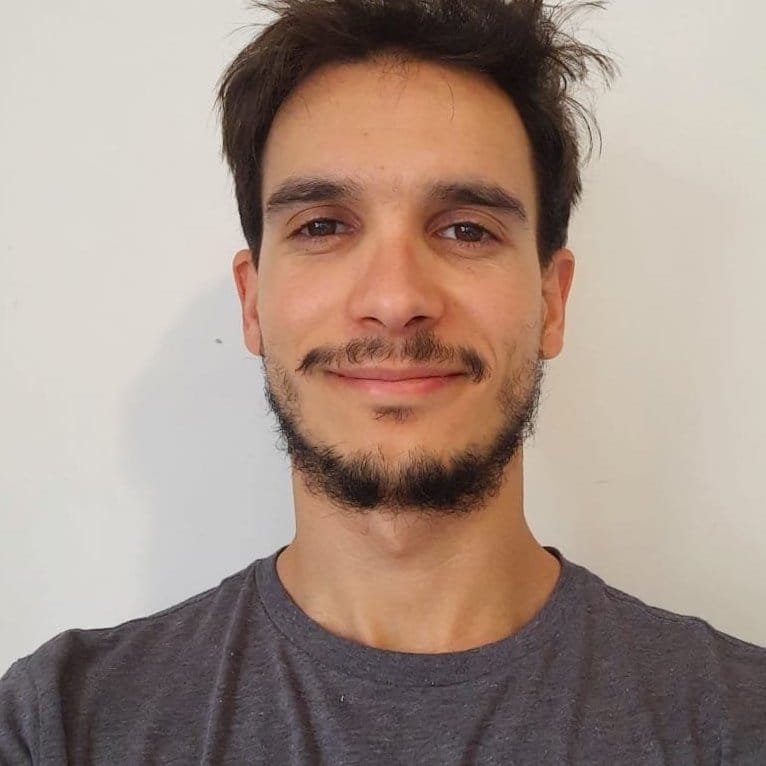
Mariano Martín
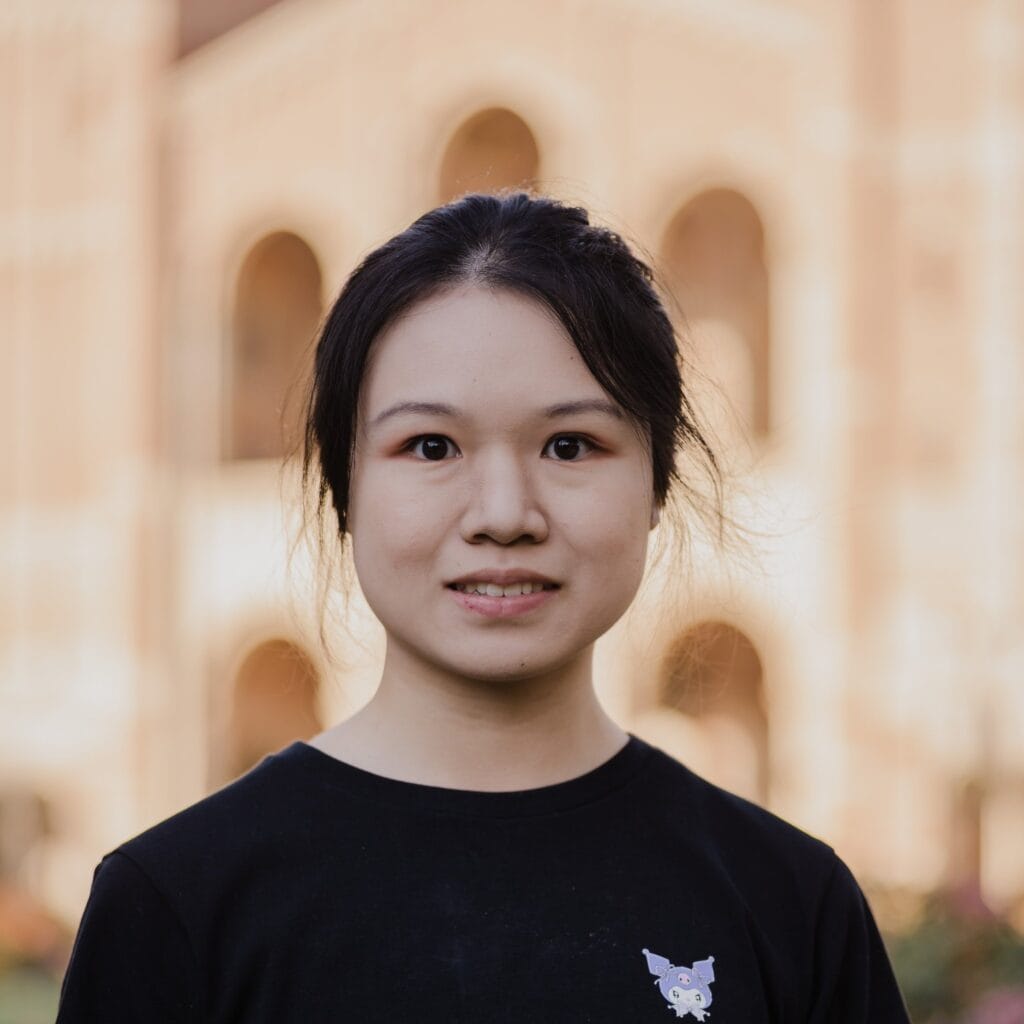
Jingyou Rao (she/her)
Jingyou is a PhD student in the Department of Computer Science at the University of California, Los Angeles, where she conducts research under the guidance of Dr. Harold Pimentel. Her work focuses on developing rigorous statistical inference frameworks tailored to diverse types of deep mutational scanning data. Additionally, she is informally co-mentored by Dr. Willow Coyote-Maestas at the University of California, San Francisco, where she enjoys bridging computational analysis with experimental biochemistry and biophysics.
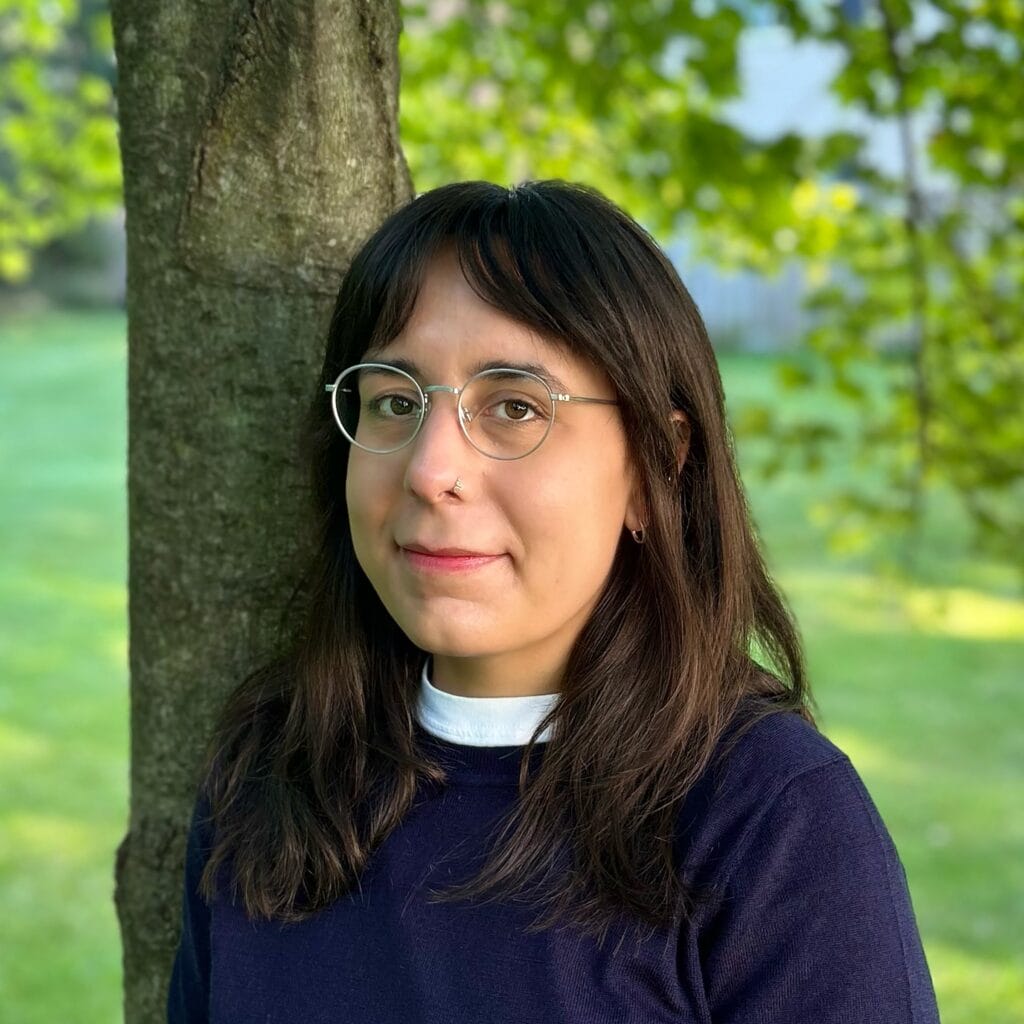
Adelaide Tovar (she/they)
Previous Variant Effect Seminar Series Committee Members
Diego Calderon
Organizing Committee (University of Washington)
Steven Erwood
Organizing Committee (Broad Institute of MIT and Harvard))
Yann Ilboudo
Organizing Committee (McGill University)
Mireia Seuma
Organizing Committee (Benedetta Bolognesi Lab, Institute for Bioengineering of Catalunya (IBEC), Barcelona)
Adrine de Souza
Organizing Committee (Roth Lab, University of Toronto)
- Adrine de Souza
- Alexandra Bendel
- André Faure
- Anna Axakova
- Annique Claringbould
- Antje Rottner
- Antonio Mollica
- Arjun Aditham
- Ayesha Muhammad
- Ben Livesey
- Carlos Marti-Gomez
- Clare Bycroft
- Craig Markin
- Dan Weiner and Ajay Nadig
- Daniel Schraivogel
- Ferdy Van Geest
- Ferran Muiños
- Florence Chardon
- Florian Wünneman
- Franco Izzo
- Gabriella Estevam
- Gonzalo Benegas
- Gonzalo Parra
- Guillaume Butler-Laporte
- Haider Inam
- Haley Randolph
- Ian Hoskins
- Jeffrey Calhoun
- Jingyou Rao
- John Morris
- Jon Acosta
- Jonas Koeppel
- Jonathan Frazer
- Joyce Kang
- Juannan Zhou
- Julien Dilly
- King Hung
- Mafalda Dias
- Malvika Tejura
- Marty Yang
- Matt Coelho
- Matthew Durrant
- Matthew Howard
- Max Staller
- Megan Buckley
- Mireia Seuma
- Moez Dawood
- Mustafa Tekpinar
- Nadav Brandes
- Nicholas Lue
- Nicholas Perry
- Nurdan Kuru
- Oana Ursu
- Ohanna Bezerra
- Phillip Huss
- Priyanka Bajaj
- Raehoon Jeong
- Raquel Cuella Martin
- Roshni Patel
- Samuele Cancelieri
- Saori Sakaue
- Sarah Gersing
- Shawn Fayer
- Shelby Hemker
- Sofia Battaglia
- Sriram Pendyala
- Steven Erwood
- Timothy Tan
- Toni Beltran
- Tyler Starr
- Ujjwal Rathore
- Vahid Aslanzadeh
- Warren van Loggerenberg
- William Bakhache
- Willow Coyote-Maestas
- Xiaoyan ‘Isaac’ Jia 贾小彦
- Xiaoyi Li
- Yiyun Rao
- Zachary Walsh
